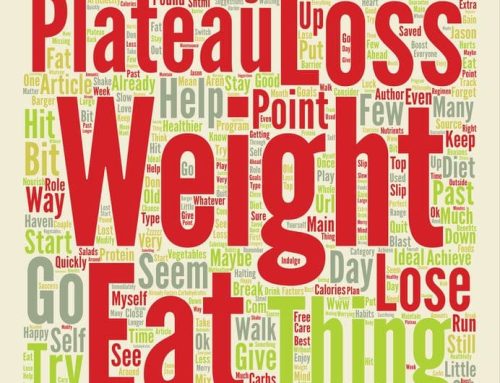Healthy chips? How do you figure out which packaged chips are the healthiest option? Don’t count on the front of the package to help you find the healthiest options.
There are a wide variety of chips on the market. None are the healthiest snack choice, but some are better than others.
The snack aisle is packed with a confusing array of chip options. We’ve got some smart strategies to help you choose more healthful yet satisfying chips.
Don’t be misled. Chip packages are crowded with big, bold claims to convince you they are healthy choices to take home. Front-of-package claims and pictures are not always reliable, so be sure to look at the ingredients list and the Nutrition Facts label. Here are some tricky terms to look out for:
All Natural:
This term has no legal definition and no relation to the healthfulness of a product. Refined grains, added sugars, and salt are all natural—but unhealthy—ingredients.
Multigrain:
Multigrain does not mean whole grain. It’s common for products to be made with multiple refined grains.
Vegetable:
Some “veggie chips” are made with few real vegetables. Watch out for potato-flour based chips colored with vegetable powder or extract. A quick scan of the ingredients will call this out.
Sea Salt:
Sea salt is still salt—and doesn’t contain iodine (a protective nutrient added to regular salt). Compare Nutrition Facts labels to find the brands with the lowest sodium—and also the highest potassium, which helps protect against high blood pressure.
Fiber:
Fiber can be natural (from ingredients like whole grains, vegetables, or beans) or added to refined products by manufacturers. Different fibers have different health-promoting qualities. Keep in mind that the benefits of fiber can be offset by too much refined starch and sugars. (See the November issue of Tufts Health & Nutrition Letter for more details on added fibers.)
Low Fat/Baked:
In the 1990s we were told to reduce our fat intake, but low-fat foods have not improved our health or waistlines. We now know that eating plenty of unsaturated fats from plant oils (like those used to make most chips) actually supports heart health. Baked and low-fat chips have less of these heart-healthy fats (and therefore proportionally more refined grains and salt).
If You Can’t Rely on the Package Claims, What Can You Do?
When snacking between meals, it is best to reach for healthy choices like nuts, fruits, veggies, and unsweetened or reduced sugar yogurt. But if you’re looking for a healthier chip, ignore the front-of-package marketing, and flip right to the back. See the Take Charge! box for our tips on making the healthiest choices.
How to Find Healthy Chips
If you’re going to munch on chips occasionally, make sure to make the healthiest choices with these tips to identify healthy chips:
Keep it real.
The healthiest chip choices contain real, whole ingredients, are made with plant oils (healthy choices include sunflower, safflower, peanut, avocado, soybean, and canola, among others), and don’t have a lot of highly processed ingredients, salt, sugar, or other additives.
Check the ingredient list:
Don’t rely on potentially misleading front-of-package claims and pictures. Find out what’s really in that chip by reading the ingredients label. A whole grain, veggie, or bean should be listed as the first ingredient.
Look at the Nutrition Facts:
Look for less than 140 milligrams of sodium per serving and more than one gram of Dietary Fiber for every 10 grams of Total Carbohydrate. Avoid added sugars.
Watch serving sizes:
The numbers on the Nutrition Facts label are based on one serving. A common serving size for many chips is one ounce (about 28 grams). Depending on the size of the chips, this is around seven to 15 chips. Keep your portion to about a handful if you can. Share the rest or stash the bag out of sight for another day.
Compare:
Take some time to look at the labels on different brands and types of chips. When comparing two different packages, be sure to check the serving sizes, as they may be different.
Think about frequency: When eaten too frequently, even the healthiest chips can squeeze other healthier choices from your diet.
Click here to read more about healthy chips.







